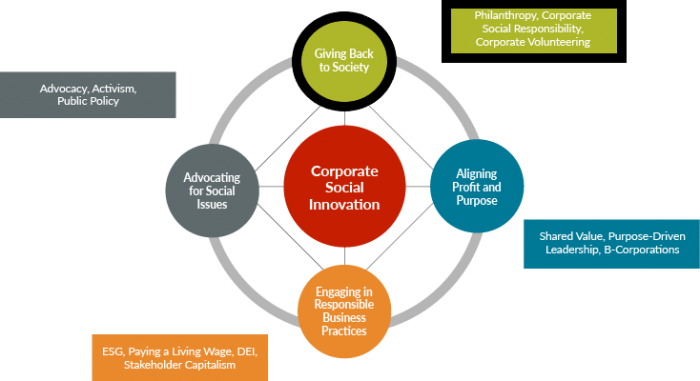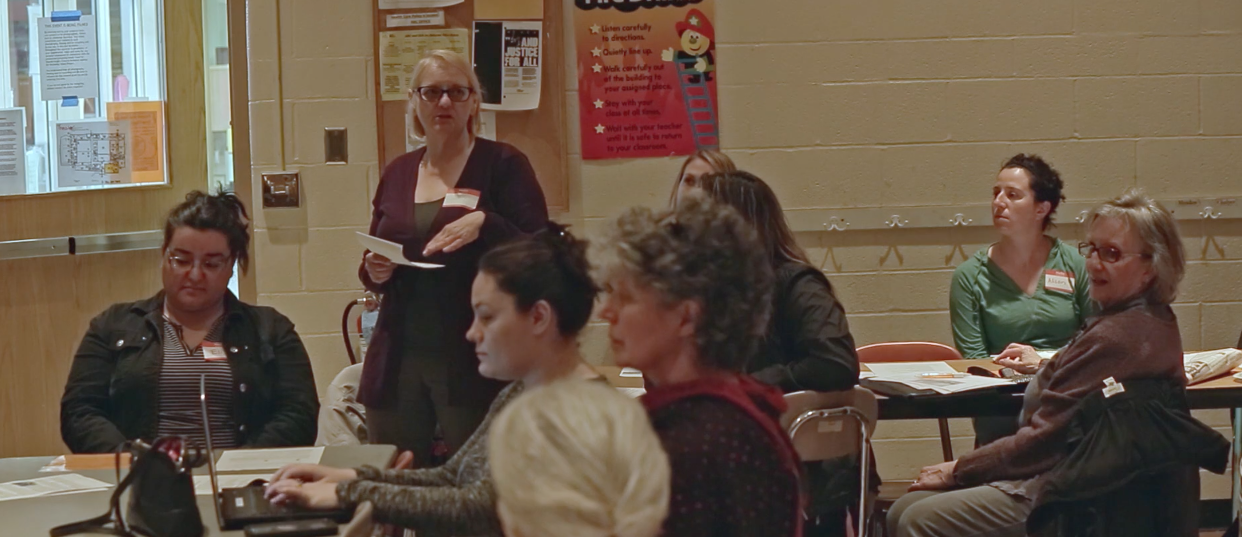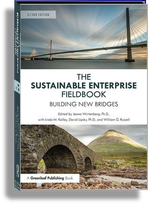Author[This is the first of a four part series focused on the Rutgers Institute for Corporate Social Innovation’s “Four Pillars of Corporate Social Innovation.”]
You may have heard the adage “There is no business in a society that fails.” Over these four blogs, I explore the antithesis of this statement framed as a profoundly important question “What is the role of business in a society that SUCCEEDS?” At RICSI, we believe that business in general, and business education in particular, can play a transformational role in addressing the greatest challenges of our time as defined by the UN Sustainable Development Goals (SDGs). We envision myriad possibilities opening up for humanity and business when we ground ourselves in a vision of a future where both society and businesses are flourishing; simultaneously taking care of people and the planet, all while prospering economically.
2 Comments
AuthorDavid Lipsky  Most of us are trained to be problem solvers. Give us a problem and we’re on it. We’ve got tools, we’ve had experience. No worries, we’ve got this one. But what if the situation that confronts us includes options that seem to be in opposition, each is problematic within itself, and because of their importance taking any one side creates a whole slew of other problems? What then? Do the analysis and comparative information then use what you’ve found to choose the least bad between them? It’s easy to see a cascading effect of undesired consequences that ensue either way. You find yourself on the horns of a dilemma. More often than not people treat oppositional forces as either/or dilemmas, justifying decisions as doing the best they could when faced with nothing but bad choices. What if you approached the situation a different way, one where better options could emerge? What if instead of problems, we were to treat the situation at hand as a paradox where the seeming oppositional “problems” could be managed? In addressing issues of sustainability there are many paradoxes we must manage to obtain optimal solutions that dynamically balance the forces by which people can make a living while being in harmony with ones that maintain our life-supporting planet. AuthorAlisa Costa and Linda Morris Kelley - Alisa Costa and Linda Morris Kelley, Working Cities Pittsfield
We have an abundance of natural beauty, outdoor recreation, arts and culture, affordable living, and some very talented people in the Berkshires. Especially during the summer months our rich variety of attractions brings visitors from far flung locations to our shops, restaurants, and hotels and has done so for generations. With all its wonderful attributes, you’d think the Berkshires would be thriving. Yet like most other old post-industrial and family farm regions in the country with once prosperous pasts, the towns and cities in Berkshire county fell behind. We are now challenged to create a smart, thriving future. The opportunity embedded in this challenge is to learn what makes our region’s rural communities and urban hubs work. Pittsfield has embraced this challenge. Berkshire Bridges - Working Cities Pittsfield, a cross-sector coalition of civil society, business, government, and citizens is working to create a city and county that works for everyone. |
Archives
January 2022
Categories |
Sustainable Enterprise Fieldbook |
Contact Information |
© 2018 thesustainableenterprisefieldbook.com. ALL RIGHTS RESERVED.



 RSS Feed
RSS Feed
